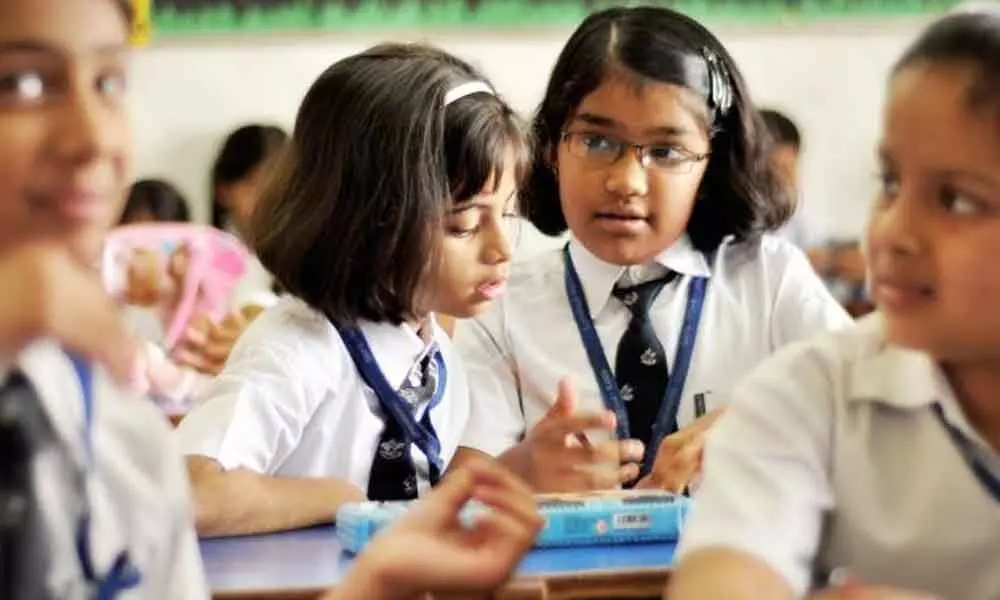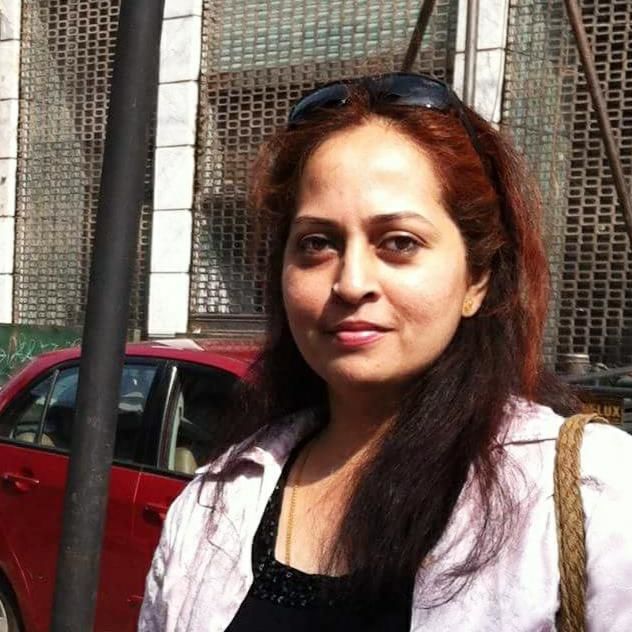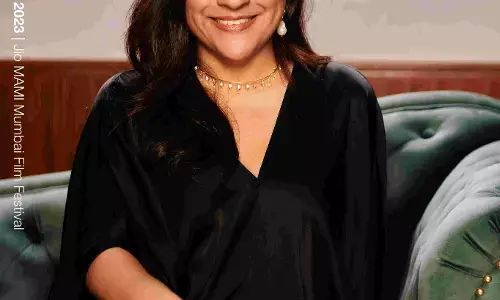Visakhapatnam: Private schools find it impractical to enforce fee cap

(Picture used for representational purpose only)
- Lack of categorising the schools is another factor that worries those who run educational institutions
- Corporate institutions have a different fee structure based on the amenities they provide, and budget schools follow a different protocol altogether says APUSMA state vice-president
Visakhapatnam: For the private schools, which have been hit hard by the dreaded coronavirus pandemic, the cap in the fee structure announced by the Andhra Pradesh School Education Regulatory and Monitoring Commission (APSERMC) has come as a bolt from the blue.
As the educational institutions are slowly returning to normalcy after experiencing a lull in the past one-and-a-half years due to the outbreak of the pandemic, the private unaided, corporate and tutorial institution managements find the move impractical to enforce. And there are several reasons the correspondents operating the schools cite for the same.
According to the APSERMC notification, the fee structure for students from Nursery to Class X and Intermediate enrolled in private unaided institutions in gram panchayats, municipalities and municipal corporations has been fixed for the academic years 2021-22, 2022-23 and 2023-24.
Of all, budget schools appear to be largely affected. "Most budget schools already suffer from 50 percent dropout as many parents shifted to government schools due to apparent reasons. In addition to the low strength, maintenance cost, ever-increasing rentals of the school buildings plus the threat of the third wave are other factors that sum up the uncertain scenario. By regulating the fee structure, the situation is only going to become worse from bad," laments a budget school principal in Visakhapatnam.
Terming the government's decision practically difficult to implement, a correspondent, on condition of anonymity, says, "As of now there is no uniformity in the fee structure in several private schools as many parents are still reluctant to send their wards to the institutions. In fact, we received a list of parents who wanted their children to skip attending classes throughout this academic year. In such a scenario, how can the fee cap be fixed for the three consecutive academic years, including the current one?"
With the second wave of the pandemic yet to recede and the third wave threat looming large, the APSERMC's recommended fee structure is not going down well among the private educational institutions for various reasons.
Lack of categorising the schools is another factor that worries those who run educational institutions. "For instance, corporate institutions have a different fee structure based on the amenities they provide. Budget schools follow a different protocol altogether. The cap in the fee structure will impact the budget schools as the overhead costs have gone up beyond reach. With the focus on engaging quality teachers, the situation is going to be tough for the private schools in future," says S Srinivasa Rao, state vice-president of Andhra Pradesh Private Unaided Schools Managements' Association (APUSMA). Opposing the move, the representatives of the APUSMA filed a petition with the AP High Court seeking withdrawal of APSERMC's decision.
As thousands of teachers and correspondents are dependent on private schools, the association representatives rue that their very survival is going to be at stake with the new fee structure.















